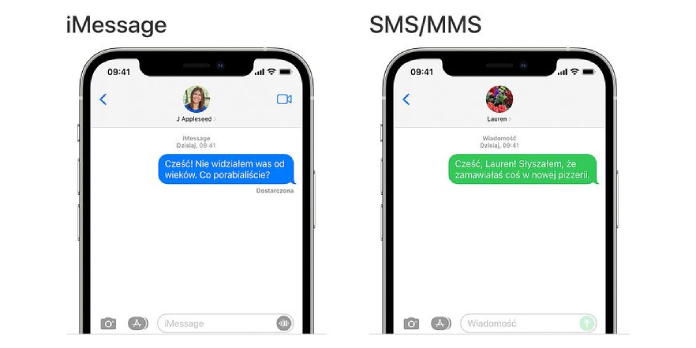A top Google executive says he doesn’t want Apple to introduce iMessage to Android but instead wants the company to adopt RCS to help all users.
According to Google, Apple has been accused of bullying and using peer pressure to keep people locked into its iMessage ecosystem. The topic of iMessage lock-in is not new. For the uninitiated, iMessage runs on both Wi-Fi and cellular networks, allowing it to provide features like message replies, delivery reports, a typing indicator, high-resolution multimedia sharing, and more. In a nutshell, it’s light years ahead of the outdated SMS system.
Numerous rumors claim that iPhone users cannot leave Apple’s famed “walled garden” because of iMessage. However, it is not a pleasant experience for Android users. When an Android user sends a message to an iPhone user, it shows in a green bubble to indicate that it was delivered over SMS. Surprisingly, the green bubble functions as a digital bias tool in the city.
The iMessage lock-in effect was recently highlighted in a Wall Street Journal investigation, which revealed how the green bubble is being utilized as a kind of pressure for users with Android phones, even removing “green bubble pals” out of group chats. Hiroshi Lockheimer, a Google SVP who oversees Android and Chrome OS products, shared the piece on Twitter with a few choice remarks directed at Apple. “Using peer pressure and intimidation to sell items is deceptive for a firm that promotes humanism and equity as basic values,” Lockheimer stated. The official Android Twitter account cited the Google executive and chastised Apple for its “bullying” iMessage strategy.
Apple’s iMessage lock-in is a documented strategy. Using peer pressure and bullying as a way to sell products is disingenuous for a company that has humanity and equity as a core part of its marketing. The standards exist today to fix this. https://t.co/MiQqMUOrgn
— Hiroshi Lockheimer (@lockheimer) January 8, 2022
Apple now has the ball in their court.
So, what’s the answer? It’s RCS, according to Lockheimer (Rich Communication Services). Simply defined, RCS is a development of SMS that includes features like high-resolution photo and video sharing, message receipts, video calling, typing indicator, and message reactions, among others. It’s also end-to-end encrypted, so there’s no reason to think it’ll be slower than iMessage. Like Apple’s service, RCS uses Wi-Fi and cellular internet networks, but it falls back on the SMS protocol when necessary. It eliminates all of the SMS flaws that prompted Apple to designate messages sent from an Android phone with a green bubble.
The only issue is that Apple refuses to use RCS. And it won’t bring iMessage to Android, which, thanks to RCS compatibility, can offer all of the advanced capabilities stated above. All major U.S. carriers support RCS, and it is now available globally in Google’s Messages app. At this point, it’s evident that Apple is trying to avoid embracing RCS because doing so would eliminate the iMessage lock-in benefit.
Users of Android phones will no longer be limited in terms of capabilities, and they will no longer be required to mark their communications in a green bubble. As a result, the ecosystem advantage, as well as Apple’s iMessage dominance, vanishes. In a series of tweets, Lockheimer expressed the same thoughts. He wrote, “Supporting RCS would improve the experience for both iOS and Android users.” The Google executive clarified that he isn’t calling for iMessage on Android but rather for Apple to implement RCS to improve the user experience for both Android and iOS users.



